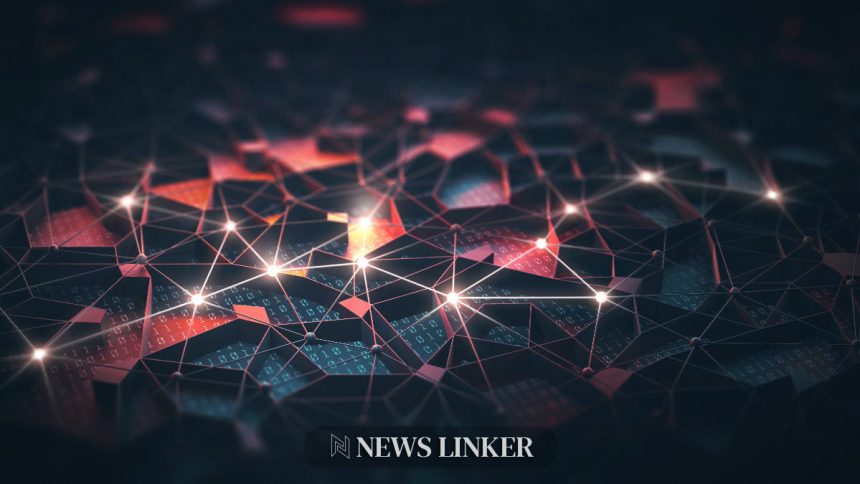Each year, as the Nobel Prizes are unveiled, the moment often does not unfold as a seamless celebration for the laureates. A combination of time zones, strict confidentiality, and sometimes simple missteps leaves many new winners unaware of their triumphs until hours or even days have passed. Recipients sometimes live completely ordinary moments—camping outdoors, sleeping through the night, or ignoring unknown calls—while the world learns their names before they do. The Nobel Committee, committed to maintaining secrecy until the last possible second, finds itself navigating these logistical hurdles annually.
Earlier stories about similar situations show a repeating cycle of the Nobel Committee struggling to alert winners directly before announcements go public. In previous years, some laureates mistook the initial outreach for spam or pranks, while others simply missed the notification due to lifestyle choices such as turning off their phones or being unreachable. Despite increased digital connectedness, the challenge persists, reflecting not only the committee’s secrecy but also broader shifts in telephone etiquette and technology reliance. The personal anecdotes surrounding each delayed notification provide a consistent yet evolving narrative tied to the prize’s announcement tradition.
How Did Recent Laureates Miss Their Nobel Moments?
In 2025, American immunologist Fred Ramsdell discovered his Nobel Prize in Medicine win only days after the formal announcement, as he was on a remote camping trip with no cell reception. Speaking later, he remarked,
“We had to drive another hour to get to where I could get cell service and WiFi.”
His co-awardee, Mary E. Brunkow, had a different experience. She received the call but, seeing a Swedish number, dismissed it as unimportant and went back to sleep. It was only after a journalist arrived at her home that she realized the significance of what she had missed.
Has the Nobel Committee Faced Similar Challenges Before?
These notification issues are not new. In 2021, Chemistry laureate David MacMillan ignored a misaddressed text message from Stockholm, believing it to be a prank, while Paul Milgrom, winner of the 2020 Economics prize, was only informed because his neighbor and co-awardee, Robert Wilson, knocked on his door in the middle of the night. Literature winner Abdulrazak Gurnah and even Bob Dylan encountered similar confusion, with Dylan remaining out of reach for days after his selection was announced publicly.
Why Is It So Hard to Reach Nobel Winners?
Secrecy requirements and international time zones contribute substantially to these missed connections. The committee insists on keeping laureates’ names confidential until the announcement, but this leads to rushed calls at unpredictable hours. As some recipients do not use mobile phones or remain disconnected from digital communication, successful contact can be complicated. Peter Higgs, for instance, intentionally avoided his home and lacked a cell phone, making it impossible to reach him until the news had already been broadcast widely. The Nobel Committee reflects on these challenges, stating,
“Each year, we endeavor to notify recipients in advance, but circumstances often make it difficult.”
Stories of delayed recognition and accidental surprises have become an almost expected part of Nobel Prize culture. As both technology and communication habits continue to change, the Nobel Committee might consider adapting its approach, possibly using more persistent or diversified means to contact future winners. For recipients, missing the Nobel call adds an unexpected twist to an already momentous event. The persistence of these issues suggests a fundamental disconnect between old traditions and current modes of communication. For researchers and prize organizers alike, these anecdotes might offer insight into how high-profile news travels—or doesn’t—even in an age of instant connectivity. For readers hoping to understand the process, the unpredictable nature of these announcements highlights the complex intersection of secrecy, technology, and human response.










